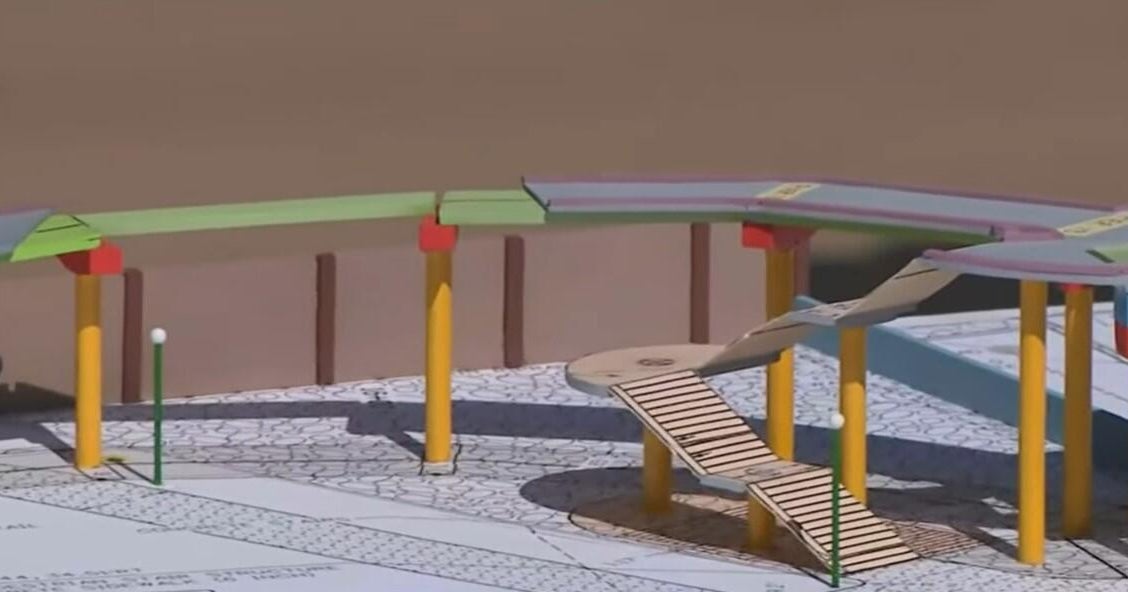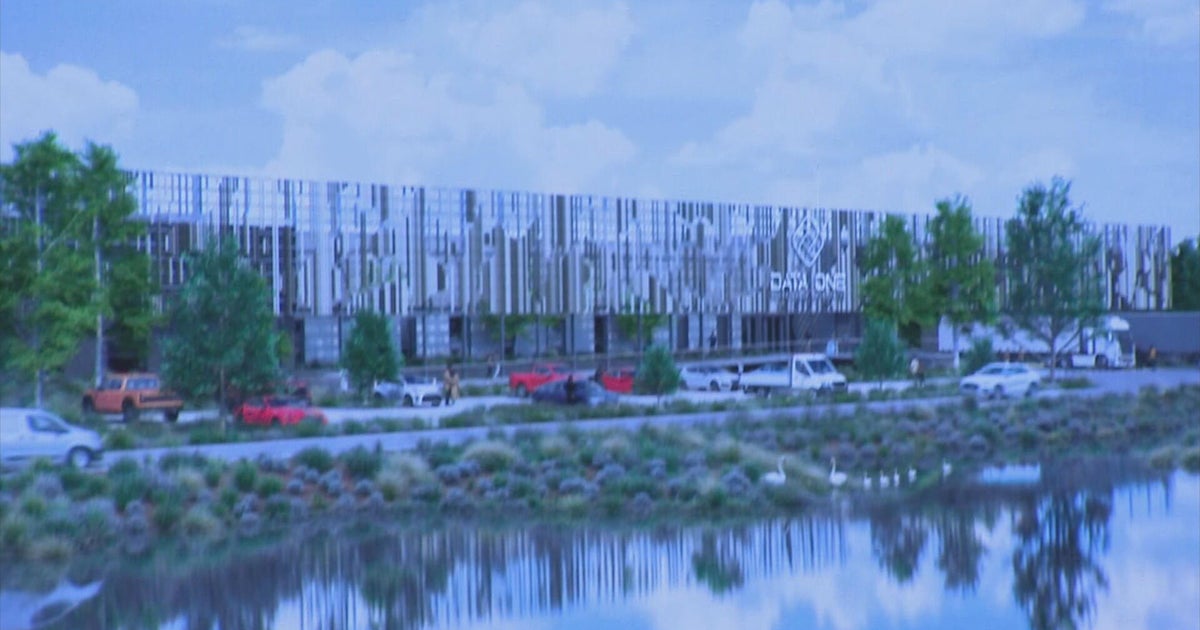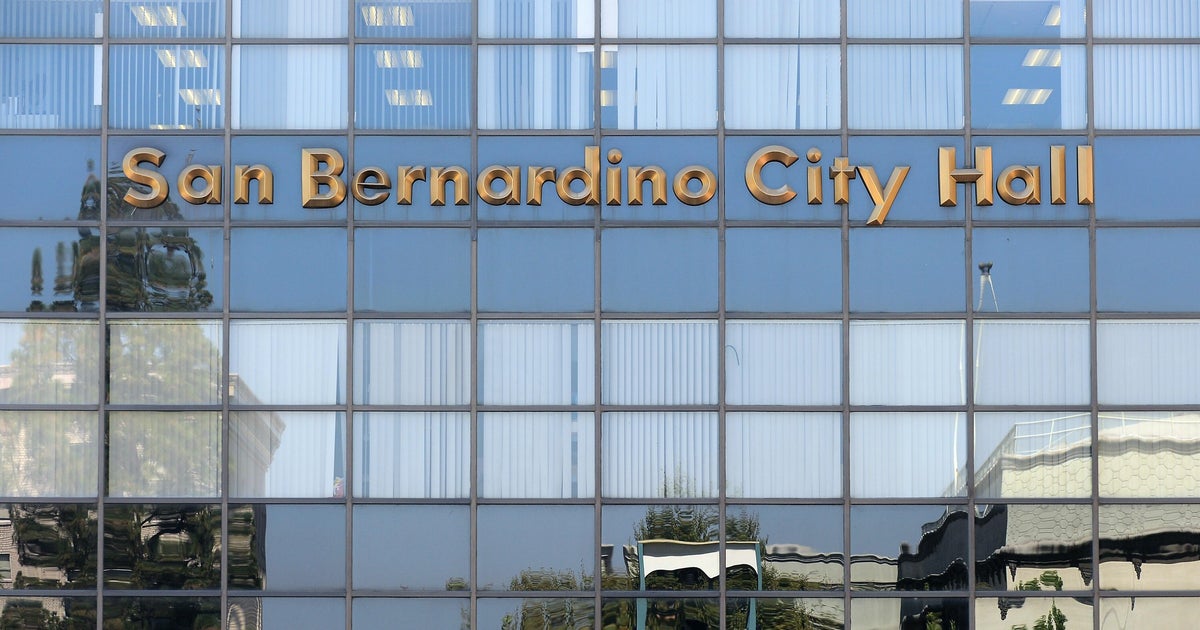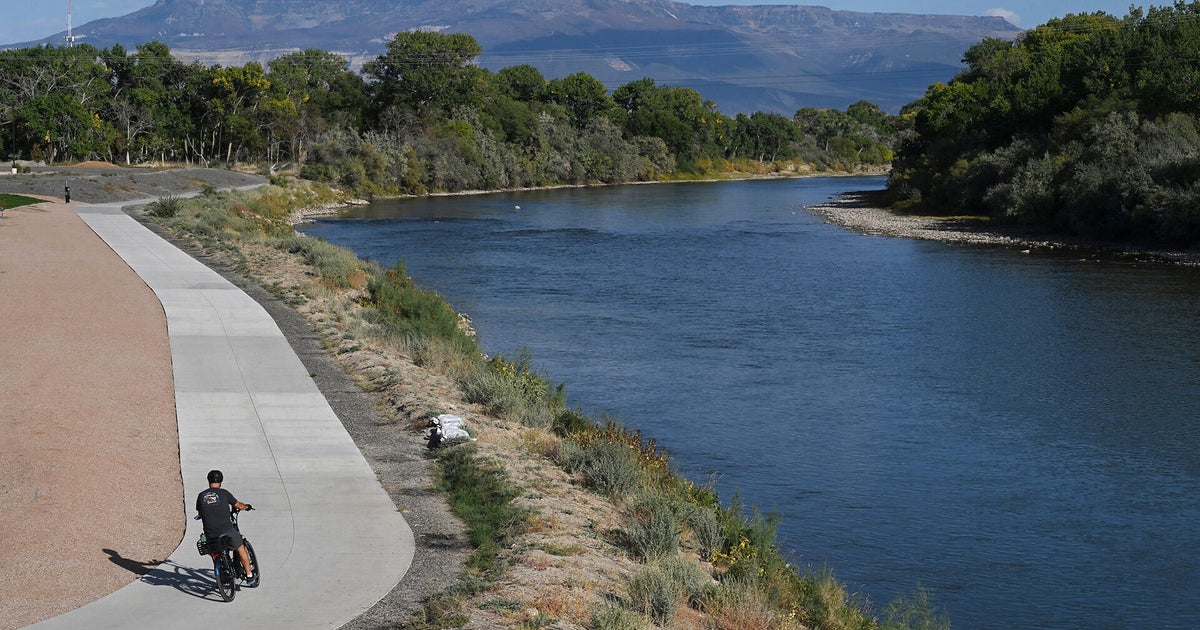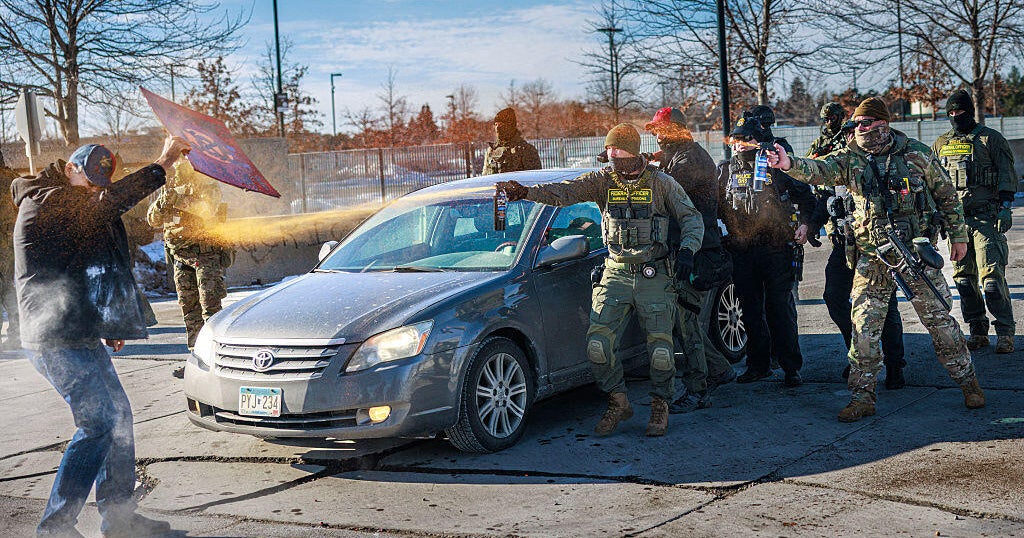New Jersey and New York battle in court over controversial congestion pricing plan
NEWARK, N.J. -- The state of New Jersey was in federal court Wednesday trying to stop New York from implementing congestion pricing.
The tolling plan, which was passed by the MTA last week, would charge drivers going into Manhattan below 60th Street an additional $15.
MTA CEO Janno Lieber crossed the river into New Jersey for a case that's pitting the Garden State against New York.
In court, New Jersey officials accused the Federal Highway Administration of allowing the MTA to go ahead with congestion pricing without a full environmental impact review.
"You can't green-light a project without a full environmental review. That's the law!" said attorney Randy Mastro, who is representing New Jersey. "That's wrong and it's illegal and that's why we've come to court to stop it."
Mastro said drivers will try to avoid the Holland and Lincoln tunnels, make their way through other communities, and jam the George Washington Bridge to avoid the $15 congestion pricing fee.
"New Jerseyans are going to be paying the price tag and New Jerseyans are going to be experiencing a lot of the adverse environmental effects of this plan," Mastro said.
The feds and the MTA disagree, saying the highway administration did a full environmental assessment and will re-evaluate the plan and make adjustments.
Attorneys say New Jersey is trying to delay congestion pricing, hoping it goes away.
"We have a judge that is very serious, has done a lot of homework, and when judges do the homework, that means we win," MTA attorney Roberta Kaplan said.
New Jersey says federal law requires money for impacted communities and the plan only provides a big chunk of dollars for the Bronx and nothing for at at least eight counties in the Garden State that will be impacted.
"It's not zero. It's a portion of the money for mitigation that will be determined as appropriate based on what communities need what amounts of money," Kaplan said.
"That's cold comfort for New Jersey that New York officials will decide later whether any of that money will be available for New Jersey," Mastro said.
John Reichman, who represents environmental and transportation groups, claims congestion pricing is good for New Jersey.
"One of the biggest challenges the state faces is reducing greenhouse gases and one of the biggest sources of greenhouse gases in the state is from vehicles," Reichman said.
The judge grilled both sides equally. The case is expected to wrap up on Thursday.
New Jersey also says the current congestion pricing plan looks nothing like the initial seven looked at and expands peak hours from 6 a.m. to 9 p.m.

